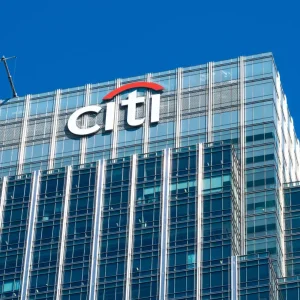Reportedly, apprehensions that Greece’s huge budget deficits and heavy national debt load might put its sovereign bonds at risk of default rocked financial markets over the past few months.
Against this backdrop, Germany, in association with EU partners, is planning to help Greece by guaranteeing its sovereign debt or purchasing bonds through a state-owned development bank.
According to the data of Bank for International Settlements for the third quarter of 2009, European exposure to Greece is concentrated in France, Germany and Switzerland in the Euro zone.
Particularly German banks carry about $43bn in Greek debt on their books, including loans to private individuals and firms. Some of Germany’s state-owned banks, known as Landesbanken, also issued credit default swaps. In addition, German lenders that issue Pfandbrief have about EUR14.5bn of exposure to Greece.
Among EU nations, only French lenders, with $75bn, carry a bigger share of Greece’s $303bn in debt to foreign banks. Some of the largest French exposure comes through direct ownership of domestic lenders in Greece. Credit Agricole controls Greece-based Emporiki with a EUR30bn balance sheet and Societe Generale owns another Greece-based lender Geniki with a EUR5bn balance sheet.
In November 2009, Credit Agricole took a EUR485m hit on its investment in Emporiki through an impairment writedown. The rest of the French lenders’ exposure is from investment banking and treasury businesses, as the banks have huge government bond trading operations.
Jon Peace, an analyst at Nomura, said a Greek government bond default was unlikely because of the repercussions on financial stability. Instead, pressure was likely to mount on Greece to resolve its fiscal issues. He said: “We see a greater risk for European banks which own Greek subsidiaries, such as Credit Agricole, as these subsidiaries are likely to suffer from weak volume growth, weaker margins and higher credit costs. We see comparatively less risk for the investment banks such as BNP Paribas whose main exposure is through trading government debt who can more quickly manage their liquid exposures.”
Fabian Zuleeg, chief economist at European Policy Centre, a Brussels think tank, said: “As long as it is very clear that any support only comes with very, very stringent conditions attached, it would not affect the moral-hazard question.”






